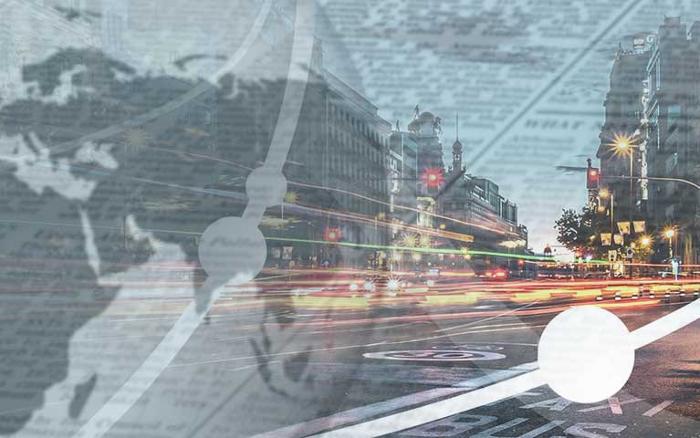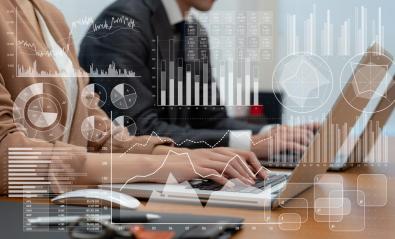

What is sustainable economy?
The economic models used in our societies are starting to commit to citizens’ social and economic development, with a focus on sustainability and protection of the environment that promotes a more sustainable economy.
In general language usage, we commonly associate the term ‘economy’ with data, numbers and factors that are related to monetary matters. But the term has also evolved in relation to the world in which we live, and this inevitably drives us to act more responsibly toward our environment.
From this, we derive the term explored in this article, which we could define as an economic and social system that revolves around acting responsibly in respect of the resources available to it and toward society as a whole.
This concept of a sustainable economy has seen exponential growth in recent years, due to the explosion of social awareness about taking care of the environment and the resources available to us as a society. It has become crucial to ensure the wellbeing of our planet, in the broadest way possible, if we want to continue enjoying it for many years to come.
Over the past twenty years, the word ‘sustainable’ has been absorbed into many different concepts, in step with changes in consumer behaviour, which has led us as a society to change the way we behave to better protect our environment.
This economic model operates in a compensatory way. It functions by consciously taking into account the needs of today’s society, without ignoring what will happen in the future, ensuring balance between the economy, social welfare and the environment.
The goal of this concept, which is now more widely accepted, also reaches beyond the natural environment. It also embraces the goals of reducing poverty and sharing resources more equally, while ensuring that the resources which the planet yields up to us are not endangered.
The keys to a sustainable economy
This kind of economic model at urban level leads to the development of sustainable cities. As we talked about in the article ‘What are sustainable cities?’, we can define sustainable cities as those that are able to guarantee their continuity and development without depleting their available natural resources - cities that have been able to take action to reduce their pollutant emissions and protect their natural assets. This concept has made great strides in recent years and is key to the promotion of this type of economy.
To understand it, it is important to keep in mind some of its key components:
Natural resources
Although it might seem obvious, natural resources are limited. They will eventually run out, so they need to be used as efficiently and logically as possible.
This is another area where economics and sustainability go hand in hand. In our pursuit of large-scale production, where the use of factories and other methods involve using up resources, from the point of view of the new sustainable economy, we are directly affected and all stakeholders in society need to be involved.
In short, this model aims to avoid consuming more than what we are capable of producing, so as not to use up all the resources available.
The environment around us
If we talk about natural resources, we are also talking about the environment that provides them. It is our direct supplier. And here, the whole economy has to unite in the fight to protect it.
While in today’s world, most companies have plans in place to make their activities more sustainable, where caring for the environment is one of the main factors, there also needs to be provision for offsetting impacts. This means that companies must be aware that they cannot use up more natural resources than they can give back.
And here is the key word: offsetting. All companies should have plans in place through which they can offset, and therefore limit, their carbon footprint to reduce and prevent the release of greenhouse gases.
Clean energy
This is another key component that we should be used to hearing about. Clean, renewable, alternative energy is one of the biggest benefits offered by our environment.
Throughout our history, human beings have managed to develop tools and systems that make it possible to use energy sources such as solar, wind, wave power and geothermal, which allow us to avoid the overuse of conventional fuel that emits more pollution into the atmosphere.
And this is why alternative energy sources are gaining ground in the context of the sustainable economy. They help reduce environmental impacts and reduce costs for businesses.





